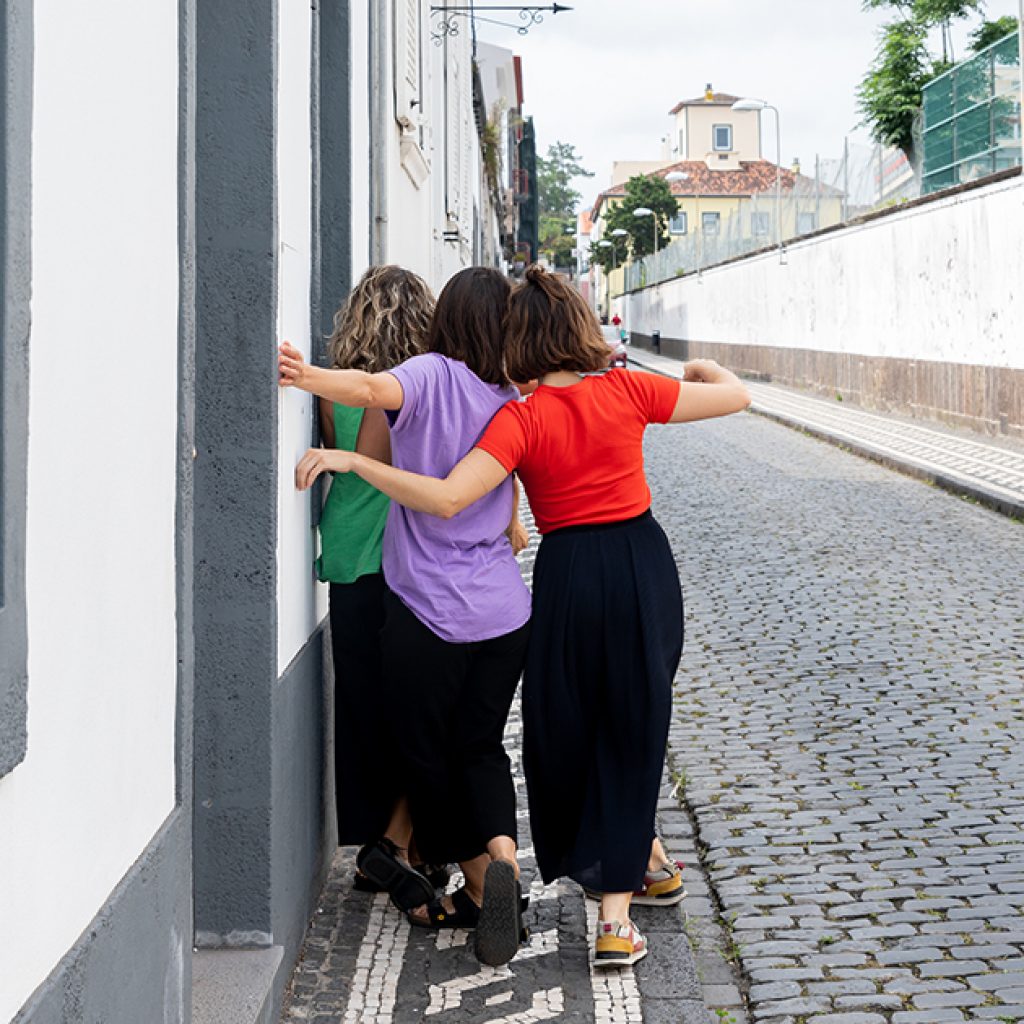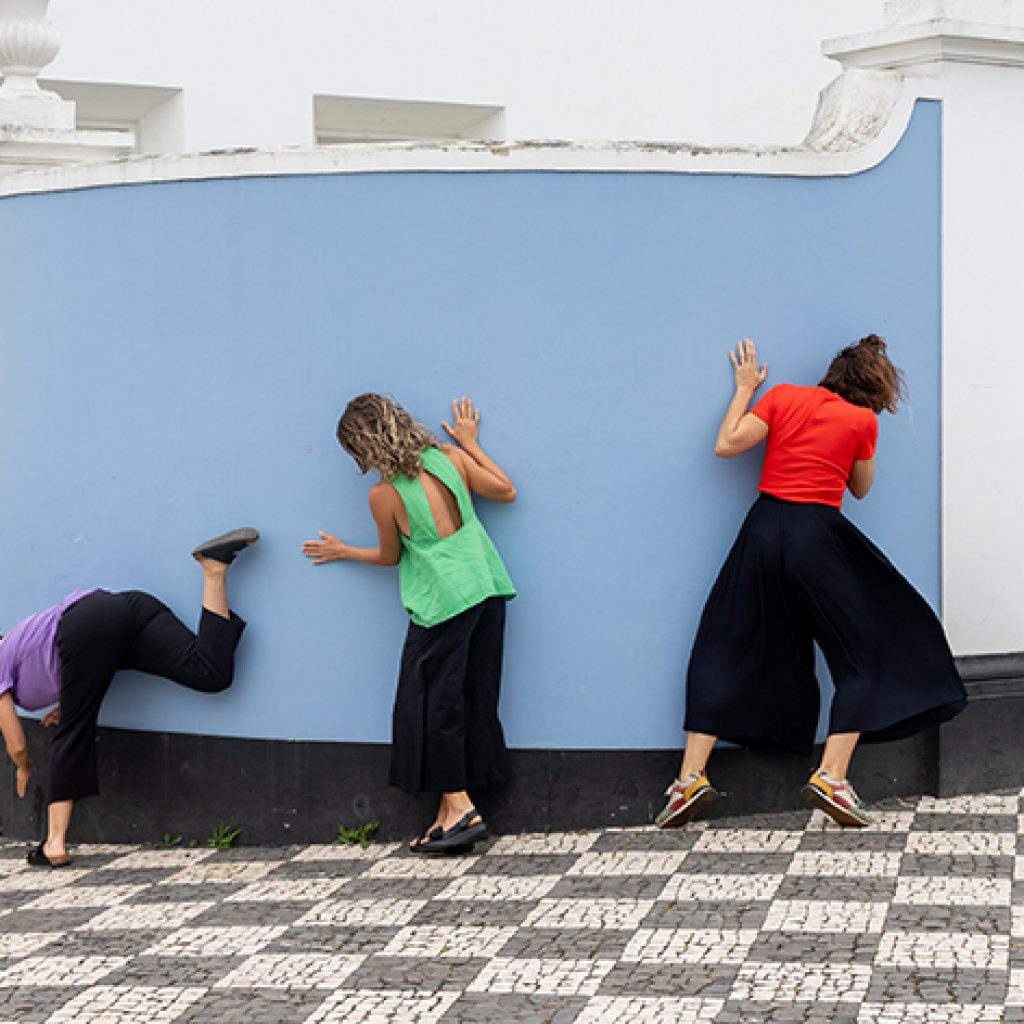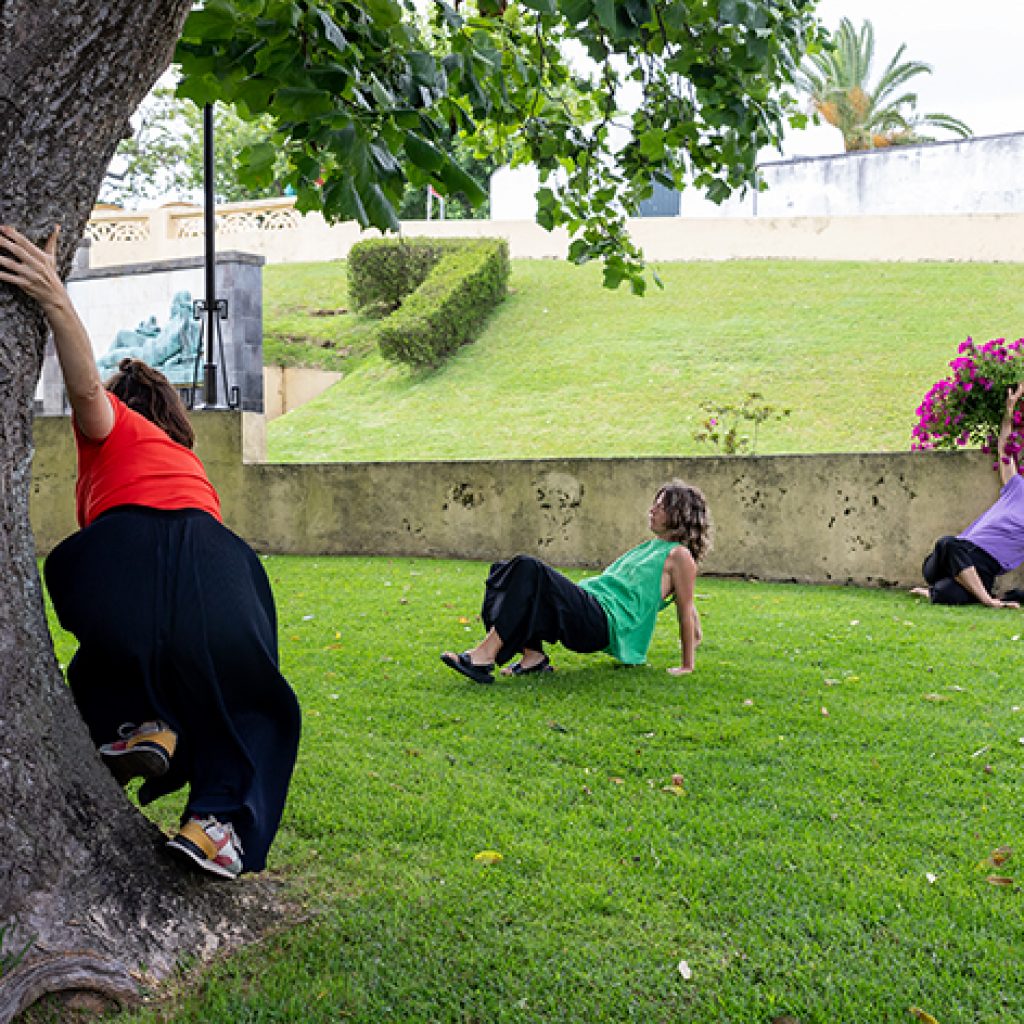The Transmalhar project is developed by Anda & Fala associação cultural and addresses place-based issues related to the construction of a society that aims at greater gender equality and the promotion of educational strategies (formal and non-formal) for vulnerable social groups, namely young people at risk. The project covers the thematic strands of cross-sectoral collaboration, activating communities and sustainability.

This pilot project aims to co-create and test a non-formal education methodology that promotes spatial literacy in the territory through artistic and community practices, with the following objectives: 1—promote the sense of belonging, conscious civic participation and creative, critical and transdisciplinary thinking 2—demonstrate how local community and natural, tangible and intangible heritage can be the content and educational context to promote academic success 3—contribute to self-knowledge and other-knowledge through theories and methods of corpography, psychogeography and psychology empower young people and stakeholders 4—promote work logics based on the principles of democracy, citizenship and equality, contributing to the sense of community and the construction of inclusive, accessible, intergenerational and intercultural social spaces.
The project’s transformative effects are generating greater recognition of education through art as a tool for the socio-cultural development of children and young people, more use of “place-based” education methodologies as mediators for reducing early school leaving, poverty, illiteracy, a more active, engaged and prominent generation in decision-making about eventual transformations in their territory, fewer young NEETs, greater proximity between people and local contemporary artistic practices, as spectators, actors and professionals, more use of contemporary cultural and community practices, more cooperation transdisciplinary and partnerships between SCC entities and other sectors of activity, more professionals in the CCI, making this sector a “flagship” in the sustainable development strategies of a community.
As for the innovation potential of the project, while imagining greater spatial literacy in the territory through community artistic practices and partnerships with cross-sectoral civil society agents, the project aims at a more informed and participatory transformation of the public space, encouraging young people to advocate more for their territory in everyday life. This transdisciplinary work process revealed the need to design a common methodology to achieve a fruitful dialogue between heterogeneous practices.



Photos: Mariana Lopes ©
